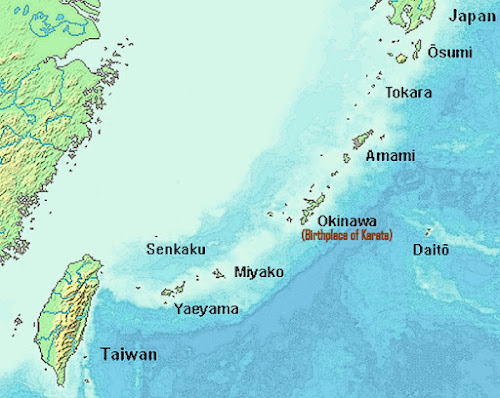Bodhidharma
Period- AD 440 to 528
Bodhidharma was the teacher of Dharma, who came from South India, in the Western Region of China. He was the third son of a great king, Lankavatara Sutra (Sugandan). He is the Zen patriarch and father of martial arts.
Bodhidharma was the third son of the Tamil King Sugandan, also known as Simhavarman of Pallava dynasty, a devoted Buddhist who managed state affairs according to the Buddha's teachings. Bodhidharma was born in Kanchipuram in the Southern Indian Kingdom, today's Tamil Nadu state of India, around year 440. Bodhidharma’s
original name was Jayavarman, according to the royal lineage, and his name
became Bodhitara at a Buddhist monastery, changed by his master
Prajanatara.
Bodhidharma’s Invention’s
1) Tea - It is
more likely that he started the practice of drinking tea among the monks so
that they would not fall asleep while meditating. The discovery of tea was ever
a story of many dimensions, and the telling of the tale depended on the leaf’s
use as medicine, food, or drink. Throughout history, tea was intimately related
to deities, demigods, and mortals. In Japan, the monastic use of tea as an aid
to meditation was celebrated by linking the plant and its origins to
Bodhidharma.
2) Martial Arts -
Bodhidharma taught Shaolin monks moving exercises,
designed to both enhance chi flow and build strength. These sets, modified from
Indian yogas. This gave rise to the legendary art of kung fu. This art was
based on the movements of the 18 main animals in Indo-Chinese iconography.
It is hard to say just when the exercises became “martial
arts”. The Shaolin Temple was in a secluded area where bandits would have
traveled and wild animals were an occasional problem, so the martial side of
the temple probably started to fulfill self-defense needs. After a while, these
movements were codified into a system of self-defense, which ultimately took
the form of kung fu and karate in mainland Japan. Thus, the birth of martial
art to the world.
Karate, as we know it today, takes its beginnings from
India in the age of the birth of the Buddhist religion. Although they didn’t
use the word “karate”, the priests of the early Buddhist temple evolved various
spiritual disciplinary systems for the refinement of the body. Bodhidharma in
China, around 465 AD, received an audience with the emperor and obtained
permission to reside at the Shaolin Szu Monastery in Honan Province. This
location became the birthplace of martial arts and eventually named karate at
mainland Japan.
3) Zen Buddhism -
Bodhidharma, the founder of the Zen tradition of Buddhism and the first
Patriarch of Zen Buddhism. Bodhidharma started the
Dhyan School of Buddhism, which came to be known as Chan in China and Zen in
Japan. Bodhidharma is better known as Damo in China and Daruma in Japan. The
famous Daruma doll of Japan, considered a good luck charm, is based on
Bodhidharma, with its curly beard and large eyes.




Comments